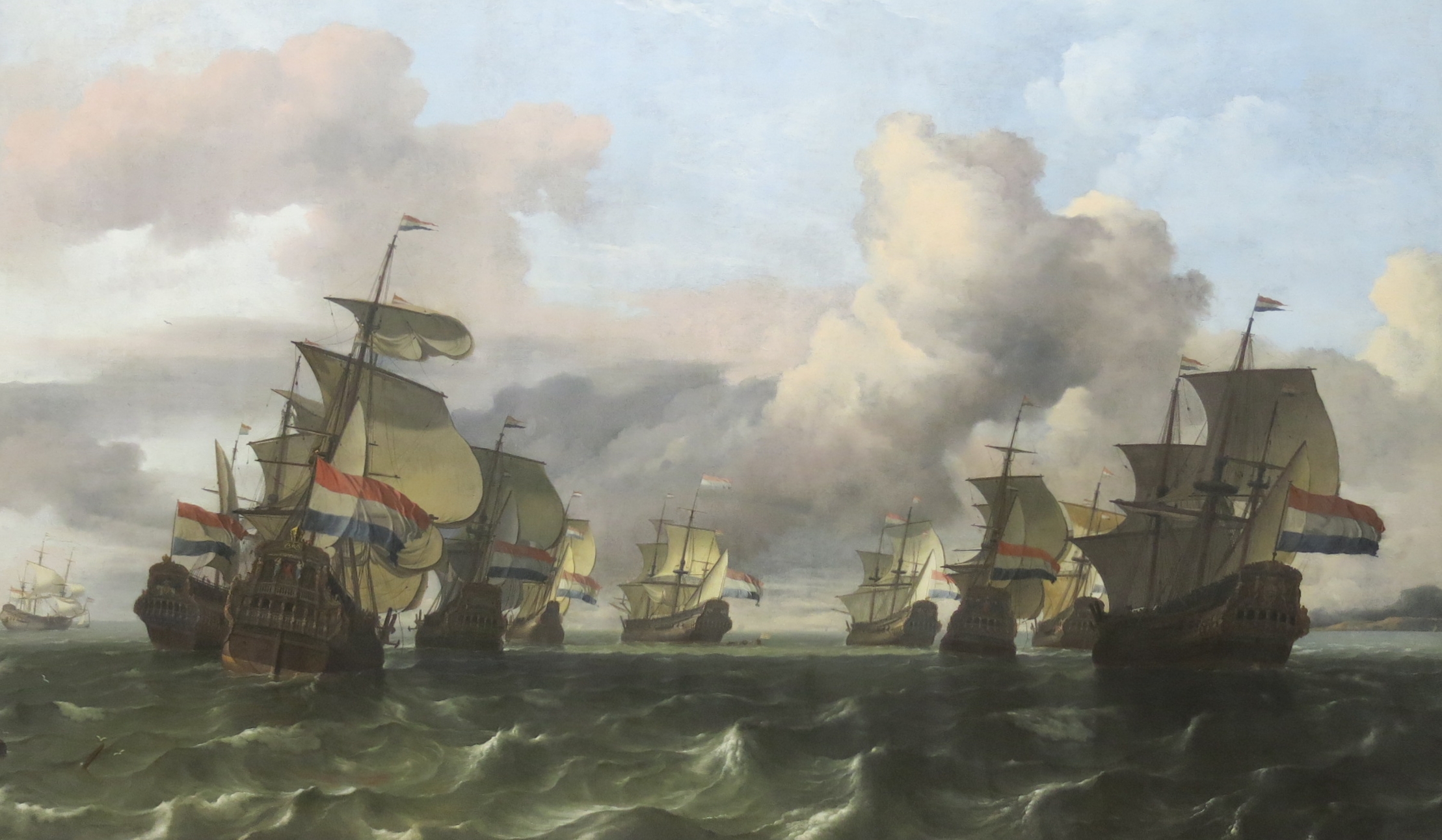NFUniversity: Colonial roots of modern free trade agreements
All the versions of this article: [English] [français]
NFUniversity
Colonial roots of modern free trade agreements
on Thursday, March 28, 2024 (updated 9 September 2024)
at 12 Noon PDT (BC) / 1 PM MDT (AB, SK) / 2PM CDT (MB) / 3PM EDT (ON, QB) / 4PM ADT (NB, NS, PEI)
This talk will explore the colonial origins of modern international trade. Since the 1990s, the World Trade Organization, bilateral investment treaties, and free trade agreements have governed the international trade and investment regime based on free market ideology, but geopolitics, power relations, and corporate interests have shaped trade rules for over 500 years before they reached their current form. The development of international trade and mercantilism at the dawn of colonialism resulted from an alliance between colonial states and companies that allowed them to shape international trade and investment rules until most states gained their independence after World War II. Today’s free trade practices reflect their colonial legacy, as the center of the global economy continues to dictate and shape activity in the periphery according to its own interests. A sound assessment of the nature of these trade and investment agreements is essential to addressing the problems they create.
Additional resource and background: “How colonialism shaped free trade agreements” by Nicolas Roux.
Nicolas Roux is the coordinator of bilaterals.org, a website that tracks information on free trade agreements and resistance to them. He also teaches international trade at the Université Jean Moulin in Lyon, France. He was the trade spokesperson for Friends of the Earth France for almost 10 years and currently sits on the board of Attac France.






